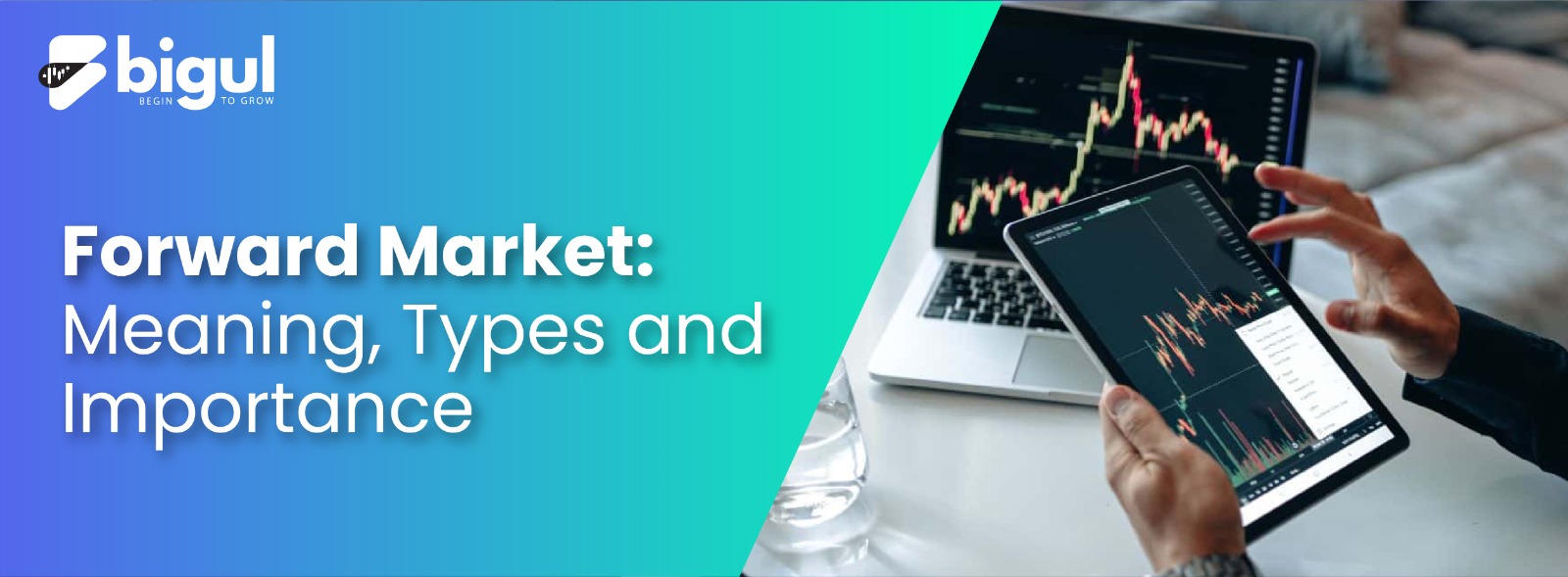The forward market, or forward exchange market, is crucial to financial transactions. It allows investors and sellers to negotiate the purchase or sale of an asset at specified rates. Unlike futures, the forward market operates as an Over-The-Counter (OTC) marketplace, where individuals or entities directly interact to formalise these agreements.
This essential financial instrument enables stakeholders to manage risk, speculate on price movements, and ensure price stability, making it a critical component of global financial systems. In this guide, we will delve into the meaning, types, and significance of the forward market.
What is the Forward Market?
A forward contract is a bilateral agreement between two parties to buy or sell an asset at a predetermined price on a future date, hence the term ‘forward.’ These contracts derive their value from underlying assets like stocks, commodities, or currencies, making them derivatives.
Unlike options, forward contract participants are obligated to complete the agreed transaction and take delivery of the underlying asset. Forward contracts are not traded on centralised exchanges, making them over-the-counter (OTC) derivatives.
Additionally, their private negotiation allows for high customization compared to standard derivative contracts.
What Are the Types of Forward Contracts?
In India, the forward market plays a significant role in risk management and price discovery for various assets. There are several types of forward contracts traded in the Indian financial markets.
Here are the main types of forward contracts in India:
- Window Forwards: These special forward contracts let investors purchase currencies within a certain time frame. They offer a more flexible and better exchange rate than a regular forward contract. For instance, let’s say X needs to pay his supplier in the US in three months, but the exact date isn’t set. So, X chooses a “window forward contract.” This allows him to exchange money on any day between the 1st and 30th of the next month but not beyond the 30th. It’s like giving him a range of days to make the trade at a good rate.
- Long-Dated Forwards: Long-dated forwards, as implied by the name, differ from typical forward contracts by having an extended settlement period. While standard forward contracts typically expire within 12 months, long-dated forwards can stretch up to a maturity date of 10 years. Despite the longer settlement period, long-dated forwards maintain the same essential characteristics as their standard counterparts.
- Non-Deliverable Forwards (NDFs): Non-deliverable forwards (NDFs) represent a distinct category of forward contracts that diverge from conventional counterparts. They diverge by eliminating the need for physical delivery of the asset or funds. Instead, the parties involved settle by exchanging the difference between the contract rate and the prevailing market rate during settlement. NDFs are often favoured by investors with limited funds or those seeking to avoid allocating substantial capital to the trade.
- Flexible Forward: These forward contracts offer investors the flexibility to manage their funds. They provide the option to exchange funds before the settlement date, enabling parties to conduct outright fund exchanges or make multiple payments leading up to the settlement. For instance, if X, an importer in India, buys Rs 500,000 worth of goods from a US exporter, he can use a flexible forward contract to make payments at advantageous exchange rates throughout the contract period, mitigating exchange rate risk.
- Closed Outright Forward: These are the most straightforward forward contracts, often referred to as European or Standard Forward Contracts. They enable investors to agree on the exchange of an underlying asset at a predetermined future date. For instance, if you’re engaged in trade with a foreign exporter and need to make a payment on the 24th of the following month, you can secure the exchange rate by entering into a closed outright forward contract for that specific date.
- Fixed Date Forward Contracts: In this particular type of forward contract, the exchange of the underlying asset occurs exclusively at a predefined maturity date. In essence, these contracts are characterized by having a fixed and specific maturity date. The majority of forward contracts fall under the category of fixed-date forward contracts.
- Option Forward Contract: These forward contract types share similarities with flexible forward contracts. For example, an option forward contract permits the parties to exchange the underlying security at any point within a defined timeframe.
What are the Features of the Forward Market?
The forward market has several key features as follows:
- Unlike standardised futures contracts, forward contracts are highly customizable and not traded on exchanges. This flexibility allows parties to tailor agreements to specific assets, quantities, and delivery dates.
- Settlement in forward contracts can occur through physical delivery of assets or cash settlement. The latter involves a payment differential rather than an actual asset transfer.
- Forward contracts are widely used by corporations to mitigate interest rate-related risks, enabling them to secure assets at current prices.
- Forward trading typically does not require margin amounts and remains unregulated by the Securities and Exchange Board of India (SEBI), ensuring adaptability and simplicity in trading.
Difference Between Forward Market and Futures Market
Here’s a table outlining the main differences between the forward market and the futures market:
| Aspect | Forward Market | Futures Market |
| Type of Contract | Private agreements between two parties. | Standardized contracts traded on exchanges. |
| Customization | Terms are highly customizable. | Standardized terms and contract sizes. |
| Counterparty Risk | Higher risk due to counterparty default. | Lower risk as guaranteed by exchange. |
| Liquidity | Generally, less liquid. | Highly liquid with daily trading. |
| Regulatory Oversight | Less regulated. | More regulated with clear rules and laws. |
| Pricing Transparency | Limited transparency in price discovery. | Transparent price discovery on exchanges. |
| Margin Requirements | Typically, no margin requirements. | Margin requirements for both parties. |
| Settlement Procedure | Delivery-based, physical settlement. | Cash settlement, no physical delivery. |
| Ownership Transfer | Ownership transfer at contract expiry. | No ownership transfer; cash settlement. |
| Cost | Lower transaction costs. | Higher transaction costs due to intermediaries. |
| Accessibility | Primarily for institutional participants. | Open to retail and institutional investors. |
How does the Forward Market work?
Parties involved in a forward contract usually hold contrasting views about the future direction of the underlying asset. For instance, the buyer may anticipate price increases while the seller expects a decrease.
Consequently, they negotiate an agreed-upon price for their future transaction, aiming to secure a favourable outcome. Forward trading can result in various scenarios, which we will now explore in more depth.
Market Value of the Asset Rises
When the asset’s price increases in the future, the buyer’s prediction proves accurate. They take delivery of the asset at the lower predetermined price, subsequently selling it on the open market. The buyer’s profit is the difference between the current asset price and the contracted purchase price.
Market Value of the Asset Falls
If the asset’s price falls as anticipated, the seller benefits from the forward contract. Despite the asset’s decreased value, the seller can sell it at a price exceeding its current worth, yielding a profit.
Market Value of the Asset Remains the Same
In the event that the asset’s price remains unchanged, neither the buyer nor the seller’s predictions materialize. Consequently, no profit or loss is incurred by either party in this scenario.
Example of a Forward Market
Imagine you are the owner of a renowned coffee shop known for its exceptional coffee. Your business success hinges on both the cost of coffee beans and the volume of sales. To boost sales, you formulate strategies, but the price of coffee beans is unpredictable. During peak seasons, bean prices can skyrocket, eroding your profits. To counter this, you decide to enter into a contract that locks in a fixed price for coffee beans, regardless of market fluctuations.
This way, you can concentrate on expanding sales without worrying about volatile coffee bean costs, effectively mitigating financial risk. This scenario illustrates the application of a forward contract.
Why Is the Forward Market Important?
Forward contracts hold significance for several reasons:
- Risk Mitigation: Forward contracts serve as effective tools for hedging, providing a means to safeguard investments against volatile market prices. They enable individuals and businesses to minimize potential financial losses due to unpredictable price fluctuations.
- Flexibility and Customisation: One of their notable advantages is their user-friendliness and the relatively lower regulatory constraints. This flexibility empowers users to tailor forward contracts to their specific needs and preferences, making them versatile instruments for risk management and financial planning.
What Is the Forward Market Commission?
The Forward Markets Commission (FMC) is based in Mumbai and serves as the regulatory authority for commodity futures trading in India. It’s responsible for overseeing the forward and futures markets in the country, particularly for food commodities.
FMC operates under the Ministry of Consumer Affairs, Food, and Public Distribution. It was established by the Forward Contracts (Regulation) Act of 1952. This Act requires the Central Government to designate at least two and up to four members to the Commission, including the Chairman.
Currently, there are five national exchanges:
- Multi Commodity Exchange
- National Commodity and Derivatives Exchange
- National Multi Commodity Exchange
- Indian Commodity Exchange Ltd
- ACE Derivatives and Commodity Exchange
These exchanges are regulated by FMC for trading in 113 different commodities. Additionally, there are 16 commodity-specific exchanges recognized by FMC to oversee trading in various approved commodities under the Forward Contracts (Regulation) Act 1952.
Conclusion
The forward market is like a crystal ball for businesses and investors. It helps them plan for the future, manage risks, and discover the prices of things to come. But remember, using forward contracts comes with some risks, like the chance of someone not keeping their promise. So, be cautious. The forward market plays a vital role in making financial markets more stable and predictable. It’s a tool that’s here to stay and worth exploring.
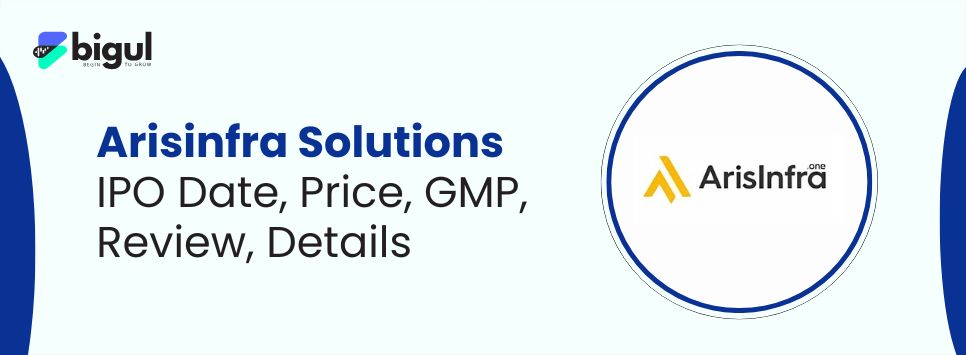




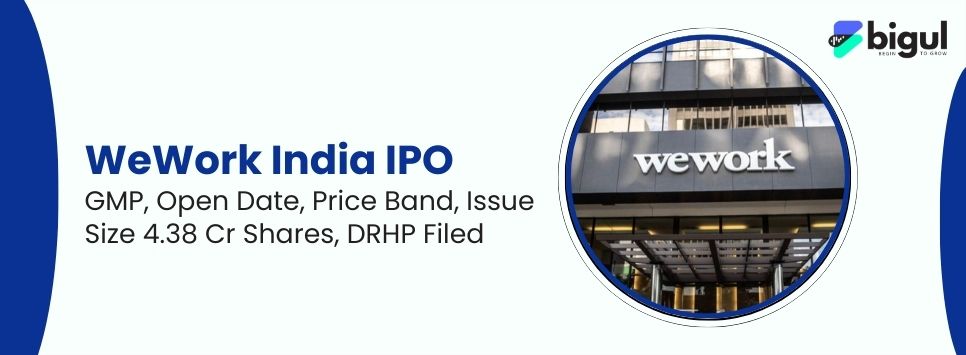
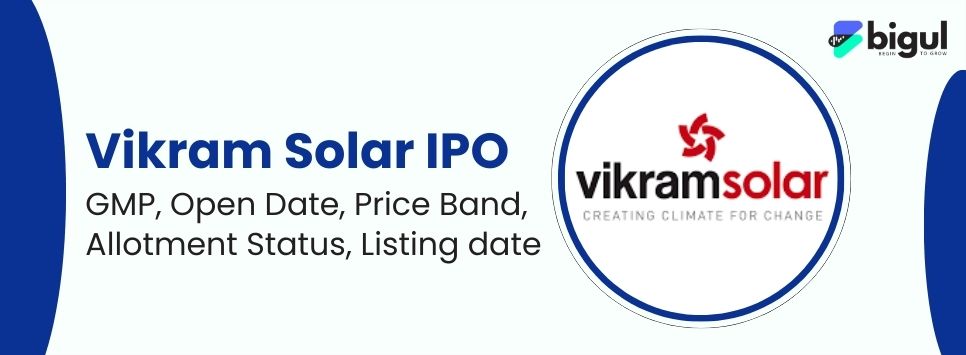
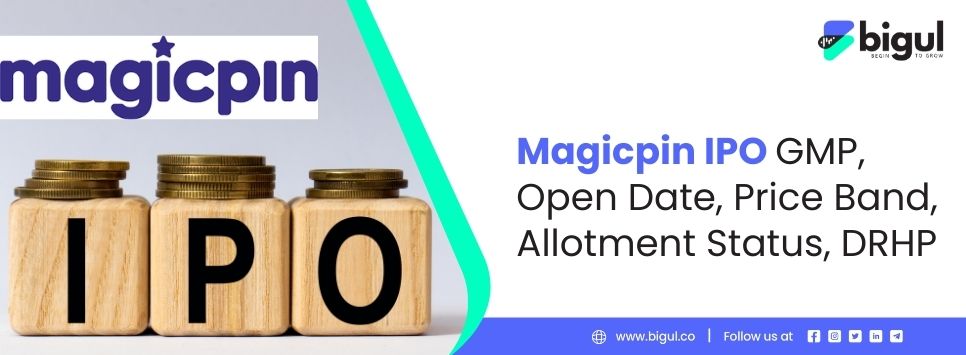
.jpg)
.jpg)
